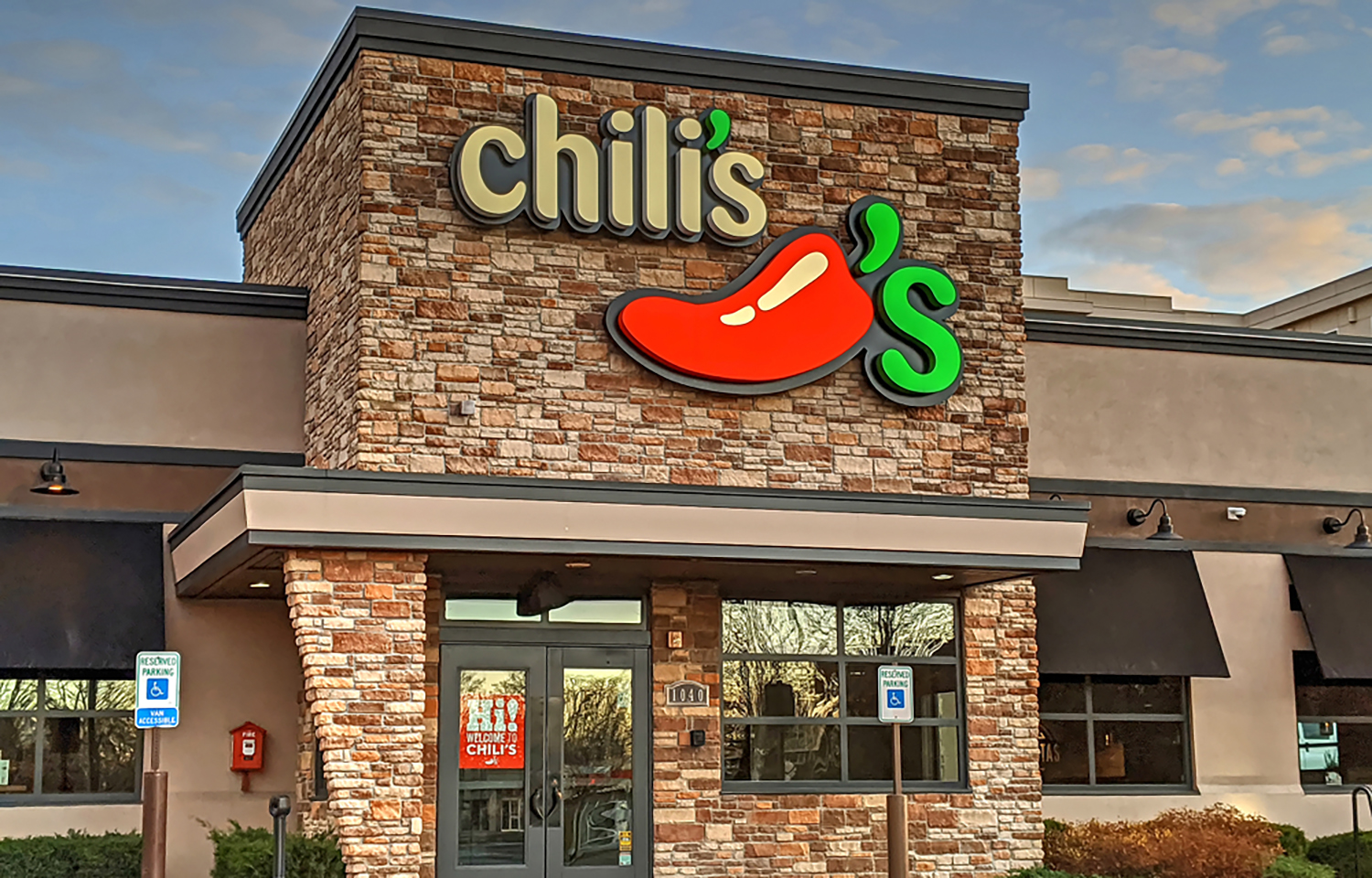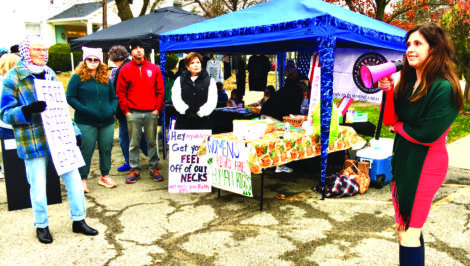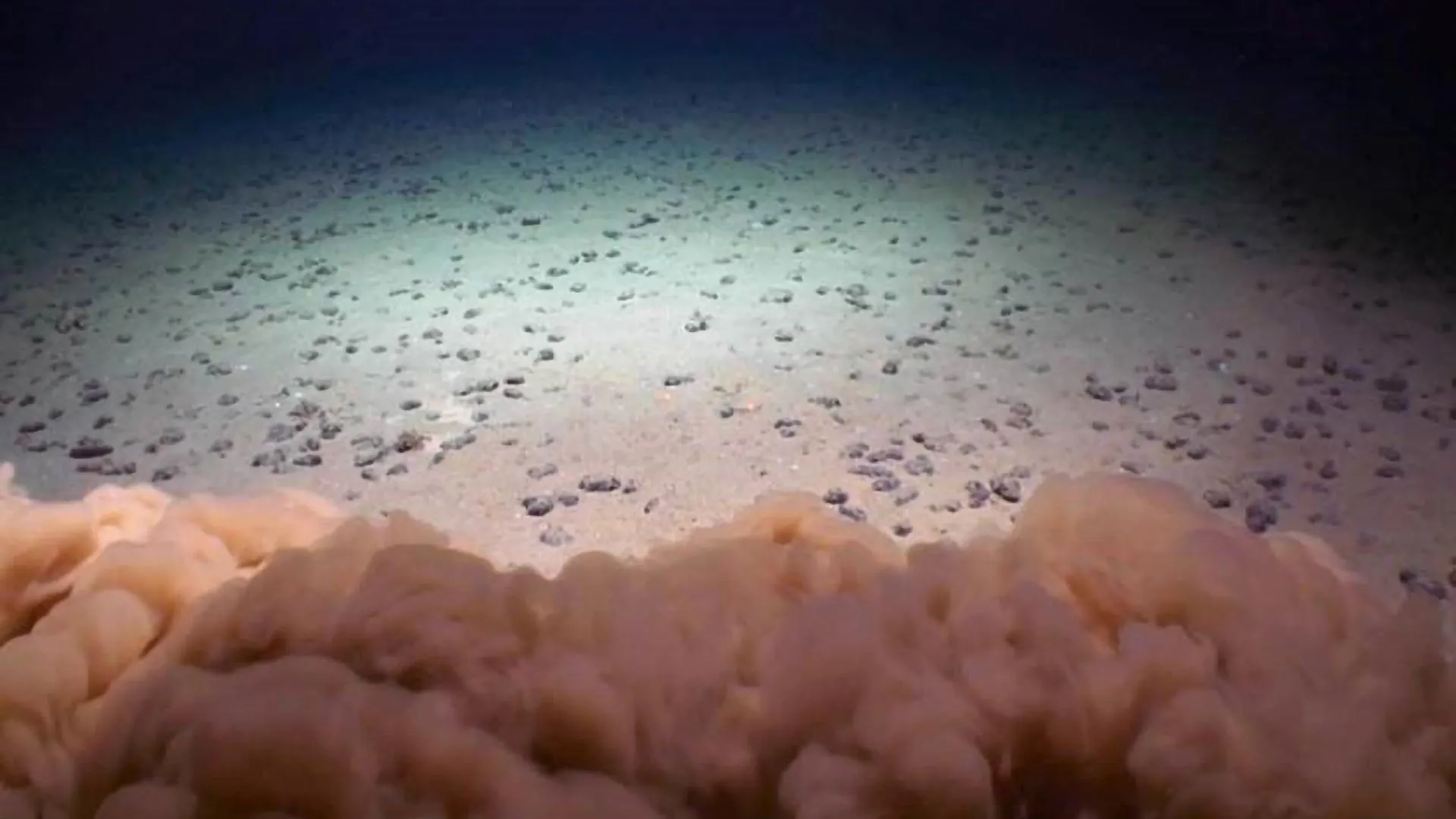North Coast Seafoods Teams Up with Sysco to Launch Seaweed Kelp Balls – Seafoodnews

Report on Strategic Partnership for Sustainable Aquaculture Product Launch
Introduction: North Coast Seafoods and Sysco Corporation Collaboration
A strategic partnership has been formed between Boston-based North Coast Seafoods and the Sysco Corporation to introduce an innovative, plant-based food product. The collaboration facilitates the launch of North Coast Seafoods’ Seaweed Kelp Balls through Sysco’s Summer 2025 Cutting Edge Solutions (CES) Program, a platform dedicated to showcasing pioneering products within the food industry. This initiative represents a significant step towards integrating sustainable food solutions into mainstream commercial distribution channels.
Product Profile: Seaweed Kelp Balls
The Seaweed Kelp Ball is a unique, plant-based product derived from domestically sourced kelp. Its inclusion in the CES program is attributed to its status as the only product of its kind on the global market. The sourcing strategy is intentionally focused on strengthening local coastal economies and providing economic support to fishing families across the United States, thereby creating a resilient and sustainable domestic supply chain.
Alignment with United Nations Sustainable Development Goals (SDGs)
The development, sourcing, and launch of the Seaweed Kelp Balls directly support several key UN Sustainable Development Goals. The initiative’s contributions are outlined below:
-
SDG 14: Life Below Water
The use of farmed kelp promotes sustainable aquaculture. Kelp farming helps mitigate ocean acidification, absorbs carbon, and can restore marine biodiversity, contributing to the conservation and sustainable use of oceans and marine resources.
-
SDG 8: Decent Work and Economic Growth
By sourcing kelp from domestic producers, the initiative directly supports the stated goal of strengthening local coastal economies and providing sustainable livelihoods for fishing families, thus promoting inclusive and sustainable economic growth.
-
SDG 12: Responsible Consumption and Production
The introduction of a novel, plant-based seafood alternative encourages sustainable consumption patterns. Kelp is a renewable resource that requires minimal freshwater and no arable land or pesticides for cultivation, aligning with principles of responsible production.
Strategic Importance and Industry Impact
The partnership highlights a growing trend towards sustainable innovation within the food sector. The key impacts include:
- Advancing Climate Action (SDG 13): Promoting kelp aquaculture supports a significant natural carbon sink, contributing to climate change mitigation efforts.
- Fostering Innovation (SDG 9): The launch of a first-to-market product demonstrates industry innovation and the development of resilient infrastructure that supports sustainable development.
- Enhancing Food Security (SDG 2): By diversifying food sources with nutrient-rich, sustainable alternatives like kelp, the initiative contributes to long-term food security and improved nutrition.
Analysis of Sustainable Development Goals (SDGs) in the Article
1. Relevant Sustainable Development Goals (SDGs)
-
SDG 8: Decent Work and Economic Growth
- The article explicitly states that North Coast Seafoods sources kelp to “help strengthen local coastal economies and support fishing families across the U.S.” This directly connects to promoting sustained, inclusive, and sustainable economic growth and productive employment.
-
SDG 14: Life Below Water
- The product is based on kelp, a marine resource. The initiative to source it domestically to support local communities relates to the sustainable use of marine resources and providing economic benefits to those who depend on coastal ecosystems.
-
SDG 12: Responsible Consumption and Production
- The launch of a “plant-based product” made from seaweed, a renewable resource, aligns with the goal of promoting sustainable consumption and production patterns. It offers an alternative food source that can be more sustainable than traditional options.
-
SDG 9: Industry, Innovation and Infrastructure
- The article highlights that the Seaweed Kelp Balls are featured in a program for “innovative additions to the food industry” and are described as “the world’s only plant-based product of their kind.” This points to innovation within the food industry sector.
2. Specific SDG Targets
-
Target 8.3: “Promote development-oriented policies that support productive activities, decent job creation, entrepreneurship, creativity and innovation…”
- The company’s strategy to source kelp domestically directly supports the productive activities of local fishing families, fostering entrepreneurship and job stability within coastal communities.
-
Target 14.b: “Provide access for small-scale artisanal fishers to marine resources and markets.”
- By creating a new product and a supply chain for domestically sourced kelp, North Coast Seafoods is effectively creating a new market for what can be considered small-scale, artisanal harvesters (the “fishing families”).
-
Target 12.2: “By 2030, achieve the sustainable management and efficient use of natural resources.”
- The use of kelp, a fast-growing and renewable marine plant, for a new food product is an example of utilizing a natural resource in a way that can be sustainable and efficient.
-
Target 9.5: “Enhance scientific research, upgrade the technological capabilities of industrial sectors… encouraging innovation…”
- The creation of a unique, plant-based food product (“world’s only product of their kind”) is a direct result of innovation and research and development within the food industry.
3. Implied Indicators
-
Economic benefits for local communities:
- The article implies that progress can be measured by the degree to which “local coastal economies” are strengthened. An indicator would be the increase in income or revenue for the fishing families supplying the kelp.
-
Support for local employment:
- The statement about “support[ing] fishing families” implies that a key indicator is the number of families or jobs supported through the kelp sourcing program.
-
Market introduction of innovative and sustainable products:
- The launch of the “Seaweed Kelp Balls” itself serves as an indicator. The success and market adoption of such innovative, plant-based products can be tracked to measure progress towards more sustainable consumption patterns.
4. Summary Table
| SDGs | Targets | Indicators |
|---|---|---|
| SDG 8: Decent Work and Economic Growth | 8.3: Promote policies for productive activities and job creation. | Number of fishing families supported; economic growth in local coastal economies. |
| SDG 14: Life Below Water | 14.b: Provide market access for small-scale fishers. | Creation of a domestic market for kelp harvesters. |
| SDG 12: Responsible Consumption and Production | 12.2: Sustainable management and use of natural resources. | Development and launch of a new food product using a renewable resource (kelp). |
| SDG 9: Industry, Innovation and Infrastructure | 9.5: Enhance research and encourage innovation. | Introduction of an innovative (“world’s only”) plant-based product to the market. |
Source: seafoodnews.com

What is Your Reaction?
 Like
0
Like
0
 Dislike
0
Dislike
0
 Love
0
Love
0
 Funny
0
Funny
0
 Angry
0
Angry
0
 Sad
0
Sad
0
 Wow
0
Wow
0














































































